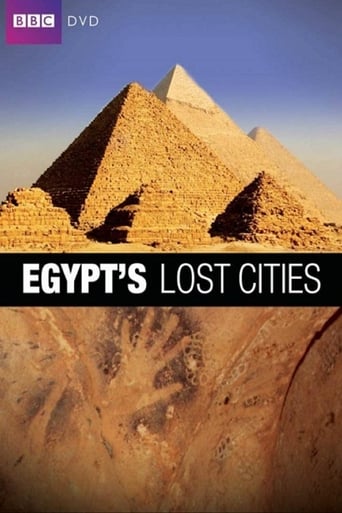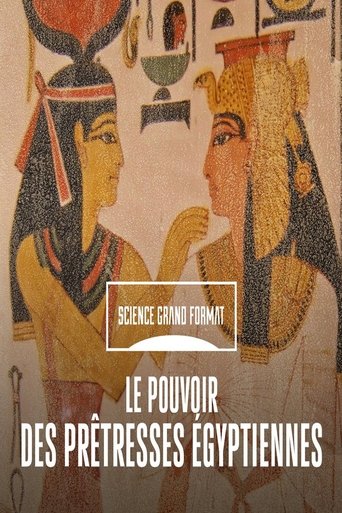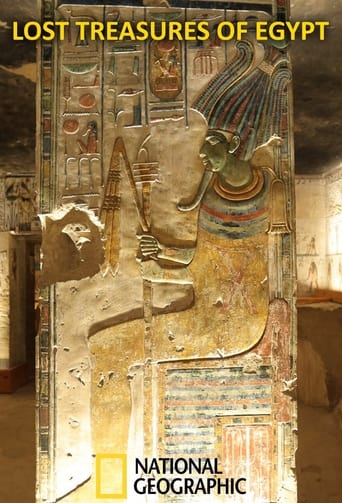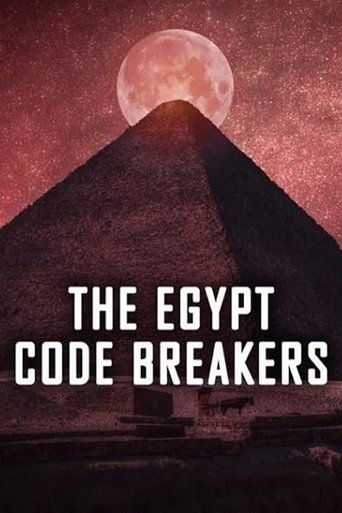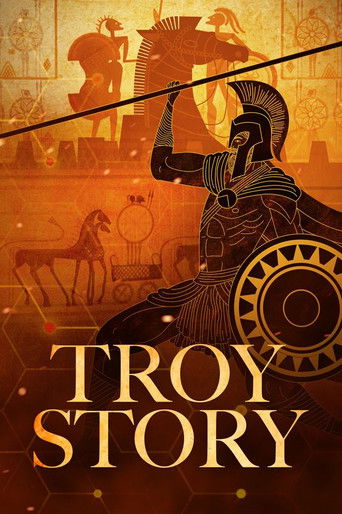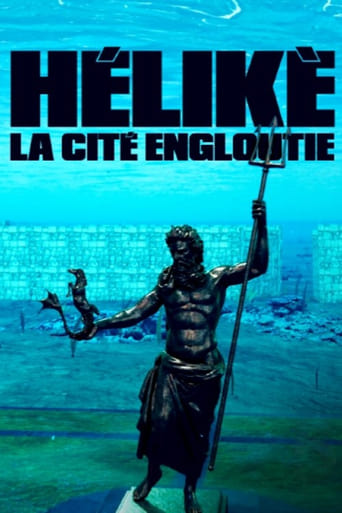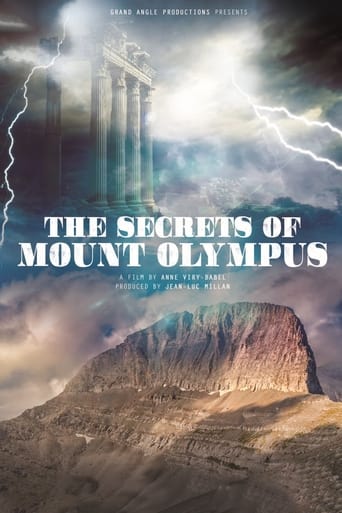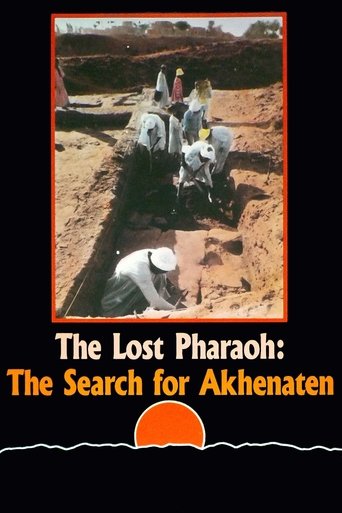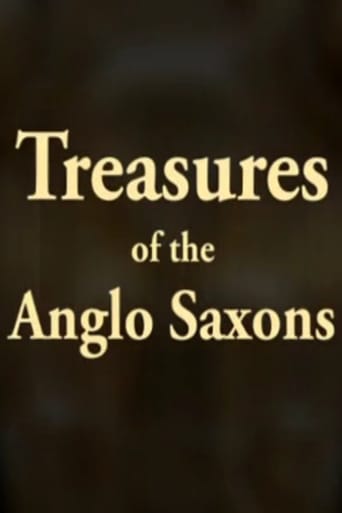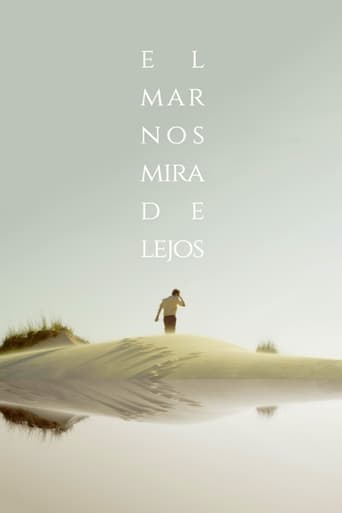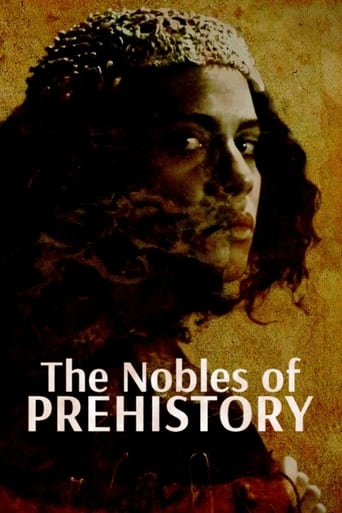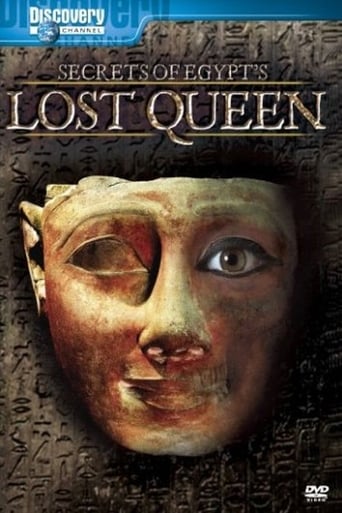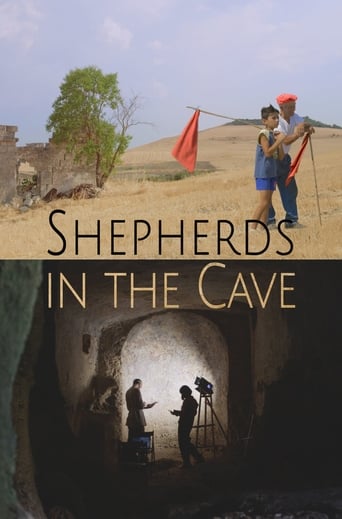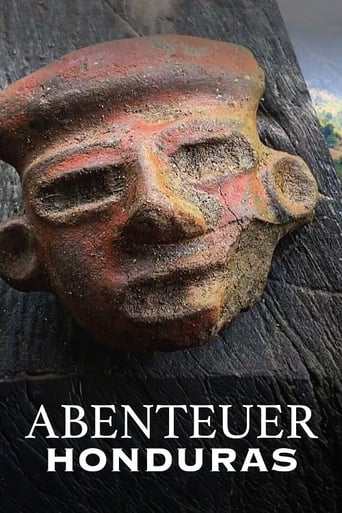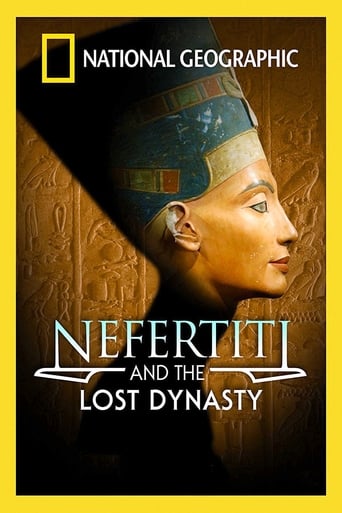History Classics: Egypt - Pyramids and Mummies
History brings the extraordinary world of ancient Egypt to life in a bountiful collection of documentaries that journey back to a time of giant pyramids, mysterious hieroglyphs, and elaborate burial tombs. From the secrets of the Sphinx to the glittering sepulcher of the legendary Tutankhamun, Egypt: Pyramids and Mummies details the pharaohs and feats that created the world's very first superpower. Get an inside look at the recently discovered KV-5, believed to be the family tomb of Ramses the Great, follow the Egyptian Book of the Dead, one of the oldest religious documents in the world and the likely source of the Ten Commandments, from its creation in approximately 1800 BCE near the site of the Egyptian city of Thebes, to its rediscovery in 1887 AD, and learn how ancient Egypt's gods and rituals impacted modern religions to help create a spiritually unique country.
